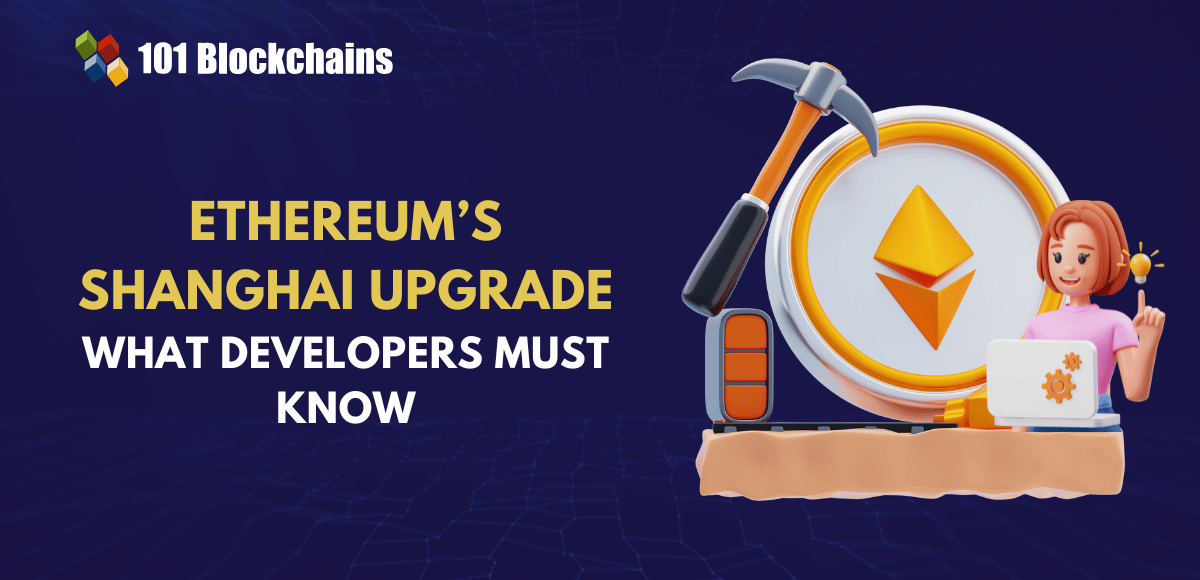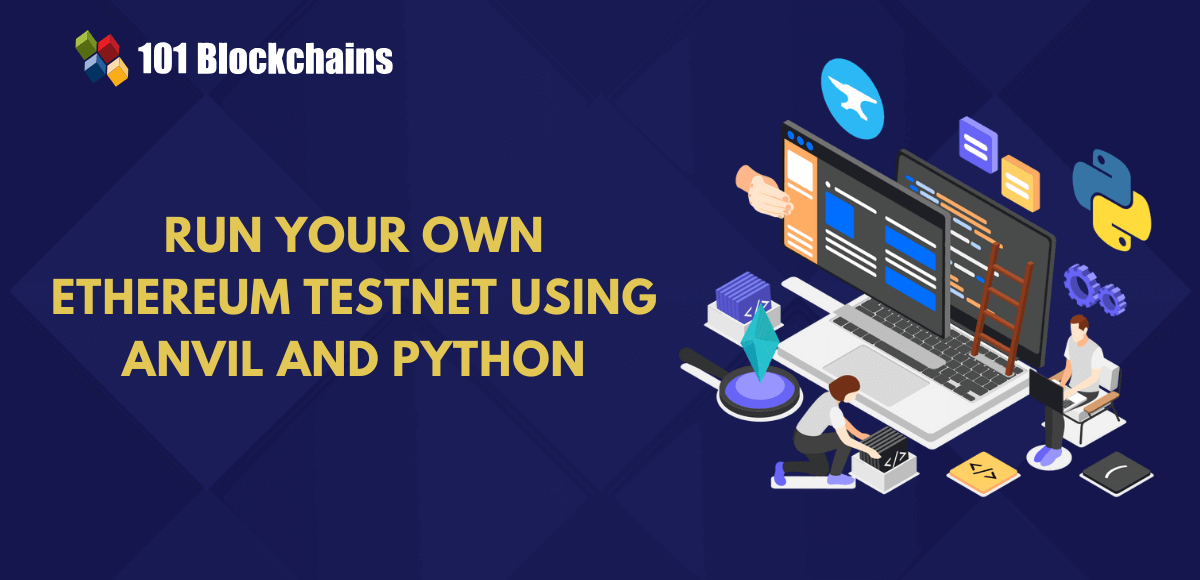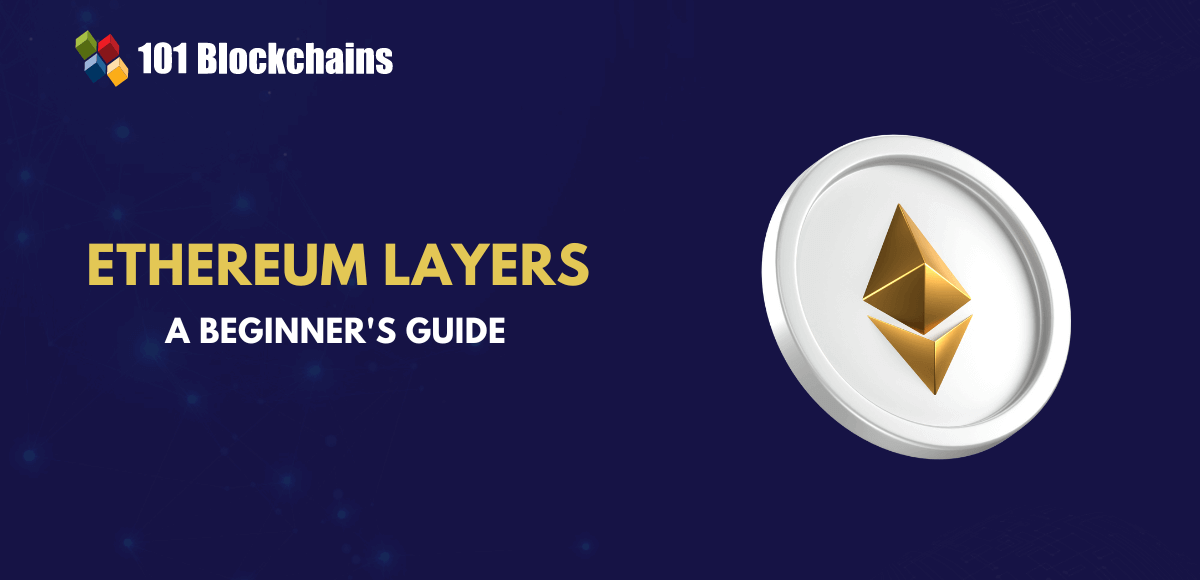Learn how blockchain truly works, master key definitions, and uncover what makes smart contracts so "smart." Dive into the fundamentals, gain valuable insights, and start your blockchain journey today!

- Ethereum
101 Blockchains
- on June 07, 2018
Ethereum vs Litecoin: Why LTC Is For Transactions And ETH For Smart Contracts
Bitcoin (BTC) has always been the center of attention yet there are far much smaller Altcoins with similar if not better capabilities. Ethereum vs Litecoin is one of the battles brewing in the background, whose outcome could have serious ramifications at the top.
Ethereum and Litecoin have grown like mushrooms in the recent past, thanks to the acceptance and widespread adoption of the cryptocurrency technology. Ethereum is currently ranked as the second biggest cryptocurrency with a market cap of about $60.37 billion. Even though Litecoin is ranked as the sixth largest with a market cap of about $6.93 billion it cannot be taken for granted in the race to take on Bitcoin.
Litecoin and Bitcoin differ a great deal even though both of them are powered by blockchain technology.
Excited to build your skill in Ethereum development by leveraging the ethers.js library? Enroll Now in Ethers.Js Blockchain Developer Course!
Litecoin vs Ethereum: Purpose

Image Credit: Litecoin
Litecoin is purely a cryptocurrency developed with the aim of making it easy for people to carry out transactions. The digital currency can be mined just like Bitcoin.

Image Credit: Ethereum
Even though Ethereum is also a cryptocurrency, its primary goal is to provide a platform and a network, where developers can develop smart contracts as well as decentralized applications and be able to raise funds through Initial Coin Offerings for new projects.
Enroll Now: Ethereum Development Fundamentals Course
Ethereum vs Litecoin: Reward Structure
While the two cryptocurrencies can be mined, they come with two different reward structure for every successful block added to a blockchain. Ethereum awards miners with five ether for each verified block.
Litecoin on the other hand awards miners with 25 LTCs for each successful block mined. In addition, Litecoin has a cap of 84 million the total number of coins that will ever be released into the network.
Ethereum, on the other hand, will continue to release the same number of coins each year.
Given that the value of each coin is different, the value of the total reward will always be different.
Lithium vs Ethereum: Network Algorithm
Litecoin and Ethereum miners rely on Proof-of-stake for mining. However, the algorithm in use in the two Altcoin is different. Litecoin mining uses Scrypt algorithm that favors high-speed random access memory. In addition, the algorithm makes it possible for miners to use less powerful computers while consuming less electricity.
Ethereum, on the other hand, relies on Ethash for mining, an algorithm that is unique to the network. The developers came up with the algorithm on fears that other algorithms could be manipulated to centralize the mining process whereby only a small group of miners could acquire disproportionally large amounts of mining power.
Ethereum vs Litecoin: Transaction Costs –Speed
Considering that Litecoin was developed to better online transactions it does not come as a surprise that it has the edge over Ethereum on this front. The cryptocurrency transaction fee is currently pegged at $0.04 a transaction. Litecoin can process an average of 56 transactions a second a feat that could improve further with the implementation of the Lightning solution.
Ethereum, on the other hand, charges $0.85 per transaction. The Ethereum blockchain currently supports roughly 15 operations per second, a scalability issue that it is trying to address.
Check out our other Comparisons:
-
Ethereum vs Bitcoin? What’s The Difference?
-
EOS vs Ethereum: A Potential Ethereum Killer!
-
Ardor vs Ethereum: What Are the Pros And Cons?
-
NEO vs Ethereum: Which is a Better?
-
Ethereum vs Ripple: In-Depth Comparison
Bottom Line
Litecoin and Ethereum look similar at a glance. However, at a closer look, they differ a great deal Litecoin is ideally suited for tasks that involve transferring huge chunks of mine, given its fast transaction speeds and low transaction fees.
Ethereum, on the other hand is suited for tasks that involve creating smart contracts or carrying out a crowd source with the aim of raising some funds. The network also comes with tools for developing decentralized applications which makes it a preferred blockchain project for developers.




